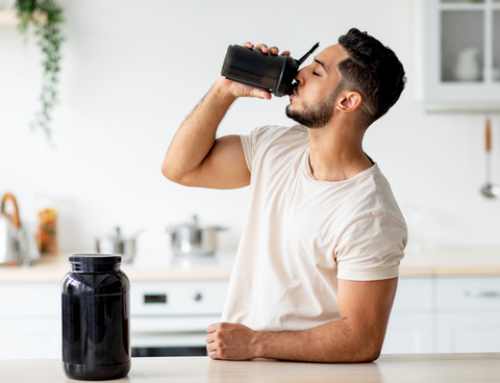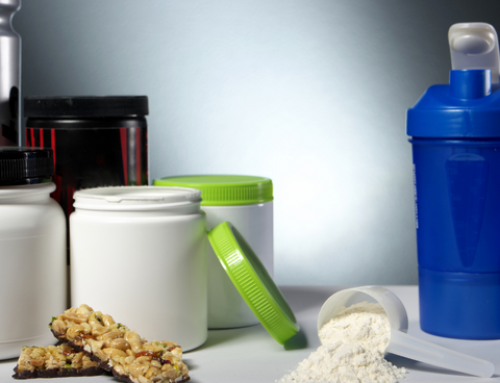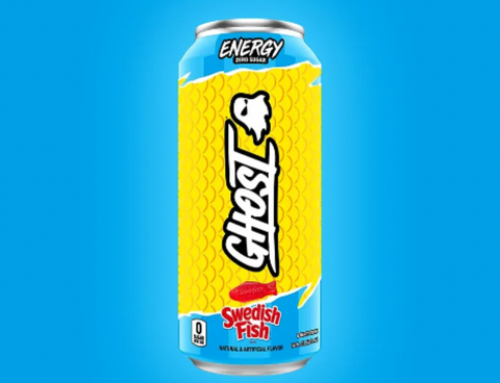Best Probiotic Supplements
Ever read a vitamin container label that says “helps combat free radicals” or “high in antioxidants”? What are free radicals and what’s the best choice to combat them?
Free radicals are not as cool as they sound: they aren’t free and they’re not that radical. They form when weak bonds split. Generally, free radicals attack the nearest stable molecule and ever so politely steal its electron. When the “attacked” molecule loses its electron, it becomes a free radical itself, beginning a chain reaction. Once the process starts, it has a domino effect that results in the disruption of a living cell.
Why do we create free radicals?
Actually, not all free radicals are bad. We create them to neutralize and fight off viruses and harmful bacteria. But bad things can happen when environmental factors such as pollution, radiation and herbicides spawn free radicals—or when stress, nicotine or alcohol are the cause. (Learn how to Boost Your Immune System.)
How do we protect ourselves against free radicals?
In a normal, healthy body, proper nutrition can fend off free radicals. However, if antioxidants are unavailable or if free-radical production becomes excessive, damage can occur.
What are antioxidants?
Antioxidants neutralize free radicals by donating an electron. You can find high amounts of antioxidants in vitamins C and E, as well as in fruits and vegetables. (Find out why athletes especially need antioxidants.) Exercise may purge free radicals more effectively than antioxidants!
What are probitoics?
A probiotic is a beneficial bacterium found in the intestinal tract of healthy mammals. Probiotic supplements are great for combatting free radicals.
Here are my top three probiotic supplements:
Greens First
Greens First provide natural, gluten free, nutrient-rich phytonutrients and antioxidant that help the body achieve a natural healthy balance. The body should maintain a natural pH of 7.35 to 7.45. Stressors like cigarettes, fast foods, processed foods and alcohol alter the body, producing an acidic state that makes it more vulnerable to cancers and illness.
This green spearmint shake gives you 15 servings of vegetables. It contains over 49 different super foods, extracts and concentrates, including organic fruits, vegetables, probiotics, soluble and insoluble fibers, herbs, spices, natural flavonoids and enzymes. It only has 40 calories and an Oxygen Radical Absorbance Capacity (ORAC ) value over 23,000. ORAC measures antioxidant capacity. This is the highest value I have seen on the market.
Activia
This is a great yogurt that has over five billion colony-forming units (CFUs), which is an estimate of viable bacterial or fungal numbers.
Nutraelle DigestiveCare
This is a great supplement that targets the gastrointestinal tract (GI)—i.e., the small and large intestines—and the colon. The probiotic strains Lactobacillus Acidophilus and Bifidobacterium Bifidum were chosen to restore digestive balance.
RECOMMENDED FOR YOU
MOST POPULAR
Best Probiotic Supplements
Ever read a vitamin container label that says “helps combat free radicals” or “high in antioxidants”? What are free radicals and what’s the best choice to combat them?
Free radicals are not as cool as they sound: they aren’t free and they’re not that radical. They form when weak bonds split. Generally, free radicals attack the nearest stable molecule and ever so politely steal its electron. When the “attacked” molecule loses its electron, it becomes a free radical itself, beginning a chain reaction. Once the process starts, it has a domino effect that results in the disruption of a living cell.
Why do we create free radicals?
Actually, not all free radicals are bad. We create them to neutralize and fight off viruses and harmful bacteria. But bad things can happen when environmental factors such as pollution, radiation and herbicides spawn free radicals—or when stress, nicotine or alcohol are the cause. (Learn how to Boost Your Immune System.)
How do we protect ourselves against free radicals?
In a normal, healthy body, proper nutrition can fend off free radicals. However, if antioxidants are unavailable or if free-radical production becomes excessive, damage can occur.
What are antioxidants?
Antioxidants neutralize free radicals by donating an electron. You can find high amounts of antioxidants in vitamins C and E, as well as in fruits and vegetables. (Find out why athletes especially need antioxidants.) Exercise may purge free radicals more effectively than antioxidants!
What are probitoics?
A probiotic is a beneficial bacterium found in the intestinal tract of healthy mammals. Probiotic supplements are great for combatting free radicals.
Here are my top three probiotic supplements:
Greens First
Greens First provide natural, gluten free, nutrient-rich phytonutrients and antioxidant that help the body achieve a natural healthy balance. The body should maintain a natural pH of 7.35 to 7.45. Stressors like cigarettes, fast foods, processed foods and alcohol alter the body, producing an acidic state that makes it more vulnerable to cancers and illness.
This green spearmint shake gives you 15 servings of vegetables. It contains over 49 different super foods, extracts and concentrates, including organic fruits, vegetables, probiotics, soluble and insoluble fibers, herbs, spices, natural flavonoids and enzymes. It only has 40 calories and an Oxygen Radical Absorbance Capacity (ORAC ) value over 23,000. ORAC measures antioxidant capacity. This is the highest value I have seen on the market.
Activia
This is a great yogurt that has over five billion colony-forming units (CFUs), which is an estimate of viable bacterial or fungal numbers.
Nutraelle DigestiveCare
This is a great supplement that targets the gastrointestinal tract (GI)—i.e., the small and large intestines—and the colon. The probiotic strains Lactobacillus Acidophilus and Bifidobacterium Bifidum were chosen to restore digestive balance.












